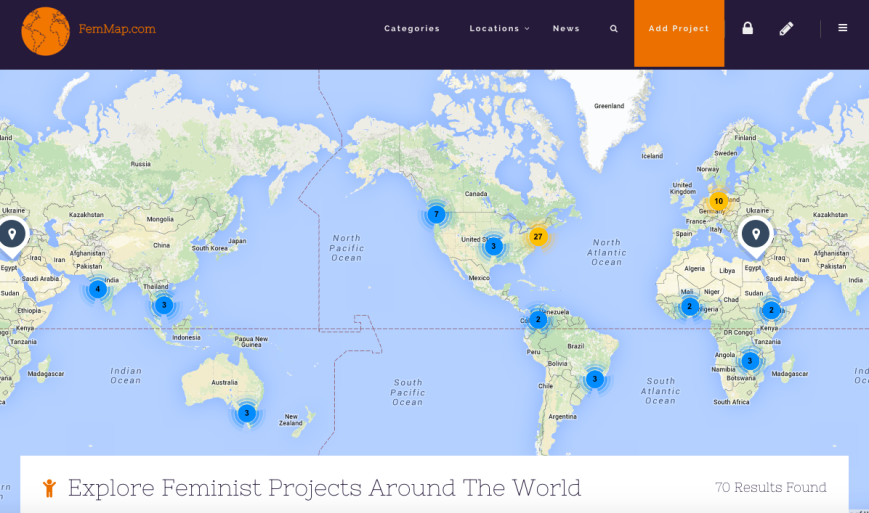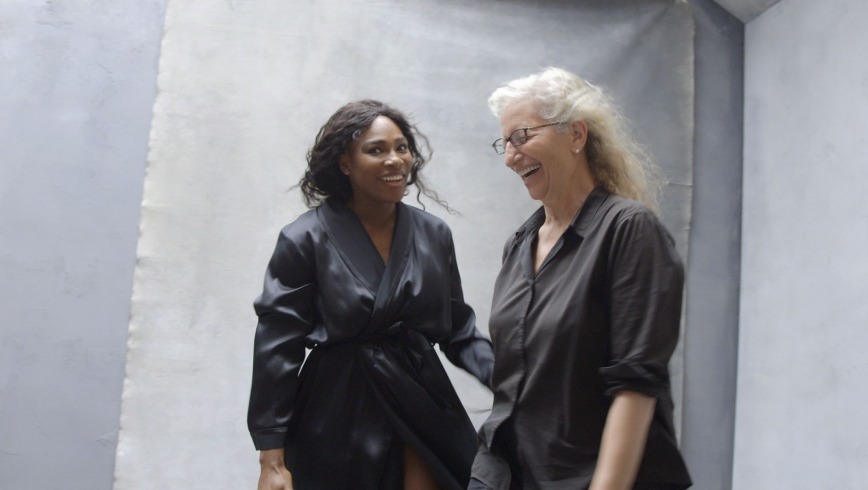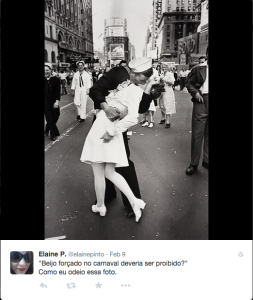Prefere ler em Português? Clique aqui!
I just came across a clever joke made on Buzzfeed about Hermione and how the plot would be like if she was the main character of the Harry Potter movies/books. They even came up with an interesting title: Hermione Granger and the Goddamn Patriarchy.

I loved it! The humorous new plot shows the story of Harry Potter in a way that we can perceive how Hermione always finds a way to save her two friends and, not to push it, but she actually does that quite often in the movie, and doesn’t really get the credit for it. Does that sound familiar?

What really interested me in the new plot was how difficult it is for people to perceive sexism and gender privileges.
Of course, it is obvious to see when Draco plays the part of the disrespectful male that throws punchlines like “Hey, wanna see my wand?”. But there are more hidden prejudice towards women than we care to admit.

“It was a compliment, I swear. It was just a compliment.”
For example, they place Ron, who is so obviously in love with Hermione both in the original and also the made up plot, trying to protect her by saying she wants attention when she is dressed up.

Yep, she doesn’t look happy. We are all educated in such a sexist way that women are seen as a prize, and for that reason they should cover themselves, because otherwise they’re looking for trouble. Well… sexism right there.
And then the funny dialog between Harry and Hermione about Ron and other wizards showing that, yes, all women suffer from sexism:
“He said he’s sorry. Ron’s a nice guy, not like Draco. He didn’t mean to hurt you.”
“That’s the problem, Harry. He didn’t think what he was saying was wrong. And it’s not just Ron and Draco I have to worry about. It’s all wizards.”
“Not all wizards, though. Right?”
“Yes all wizards, Harry.”
“Not all witches feel that way though, surely.”
“Yes all witches. All witches have had to put up with comments like that, and worse.”
That’s something I see men debating a lot, but also women: if the intention was not to hurt someone, does it make it ok?
Sexism is exactly that: having a gender gap that is perceived by society as the status quo. Women should be submissive, take care of their family, while men are supposed to be though and provide for their family.
This normative arrangement puts pressure in both genders as women are encouraged to depend on their husbands and dedicate all their time to raising kids and taking care of the house, while men grow distant from their children because they need to use all time they have to provide for the family. There’s a huge lack of balance in this equation.
When women fought for their right to vote, to work and to be independent, slowly they were earning their place in the spotlight. The problem is that their independence was seen as a threat to men instead of a more collaborative status. Because of that, women are accused of abandoning their children in order to pursue career opportunities.
No one ever accuses men of that.
Quite the contrary, to be exact: when a father decides to get a part-time job and split the house obligations with his wife, he is seen as weak. And that’s sexism, right there, again.
Back to Hermione.
Awesome moment when Harry Potter finally realises that patriarchy is real. And then, something very spooky happens:

“I see sexism”
“How often?”
“All the time. It’s everywhere”
Later on, Ron sees it too:

“Once you see it, you can’t help but see it. It’s like we’re living in a patriarchal dystopia. Surrounded by prejudice and oppression. And trees.”
This is the turning point of the fight over sexism: it is hidden in all small gestures, decisions, acts and looks. It is so inserted in our everyday life that we never perceive it. Until it screams in our face. And when that happens, you simply can’t turn it off.
To me, it was exactly that. Coming from such a sexist society that Brazil is, it took me a long time to understand the privileges of men and our own sexist minds.
Coming to Germany, I had a Brazilian friend commenting on how weak German men can be and how German women are aggressive as men. The lens of sexism simply cannot deal with independent women as equal to independent men. Instead, it places women as sexism perceives men: aggressive and, therefore, powerful. This is not, and it should never be, a competition between genders. An independent woman doesn’t make a man weak, it simply combines forces and creates more opportunities for both.
The awesome plot of Hermione against the patriarchy goes on!

Now she gets Neville to cut the head of the snake, the source of power from patriarchy. Or, Voldemort, whatever.
“Good leadership is about good delegation!”
And finally, it’s over. They defeated patriarchy! Or did they?
Loving the end, when Hermione continues to fight sexism in both the magic and Muggle world.

I have seen it quite often: we perceive a problem, we try to solve it, we start a movement, we create creative solutions, we then come back on fighting the problem all over again. It has been like that on feminism for over 100 years. So even if the speech has been delivered before, even if the idea has been done before – and believe me, it has – it is still worth to continue in the path of ending sexism. There will always be someone listening.
















